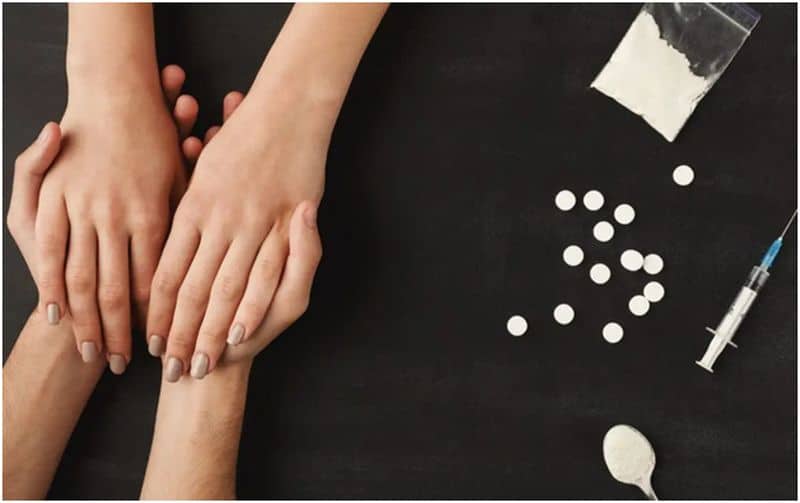Addiction is quite complex. It’s a chronic, relapsing condition that has had severe consequences on millions of people worldwide. Addiction has affected individuals in several aspects, including physical and mental health, relationships, careers, and overall quality of life.
If you’re currently experiencing addiction, there’s a way out. Various treatments can help you and millions of others overcome addiction and achieve long-term recovery. Keep reading as we explore the different types of addiction treatments available. We’ll also discuss how to find the proper treatment for you.
Types of Addiction Treatment
When it comes to treatment, several different types of addiction treatments available. Each type of treatment has its benefits and drawbacks, and what works for you may not work for another.
Some of the most common types of addiction treatment include:
1. Behavioural Therapy
Behavioral therapy is an ideal type of addiction treatment that can help you make positive changes to your life.
Behavioural therapy aims to identify negative behaviours that contribute to addiction and replace them with healthier habits. This can include identifying triggers that lead to drug or alcohol use and learning to cope with stress and anxiety healthily. It also involves developing new hobbies and interests to replace the time and energy spent on addiction.
One of the most popular types of behavioural therapy is cognitive-behavioural therapy or CBT for short. This type of therapy focuses on changing negative thoughts and beliefs that contribute to addiction and replacing them with positive ones. It can also help you develop new coping skills and strategies to deal with stress and difficult situations without turning to drugs or alcohol.
2. Medication
Medication is another helpful treatment if you’ve been struggling with addiction. There are a variety of medications you can use to help with addiction. The medication depends on the substance used and the individual’s specific needs.
You should note that medication is often used in conjunction with other types of treatment, such as therapy and support groups. They are not a “cure” for addiction but a tool to help you manage symptoms and support recovery.
If you’re considering medication as a treatment option for addiction, speak to your doctor or a qualified addiction specialist to determine which is proper for you and develop a treatment plan that meets your needs.
3. Combination Therapies
Combination therapy is another addiction treatment approach that combines different therapies, such as medication and behavioural therapy, to provide comprehensive treatment.
This approach can be practical because it addresses different addiction aspects and provides multiple recovery tools. Working with a qualified addiction specialist is essential to determine the best combination of therapies for your specific needs.
4. Alternative Treatments
Alternative treatments, such as acupuncture, yoga, and meditation, can complement traditional addiction treatments and help people manage symptoms like stress and anxiety. While limited scientific evidence supports these treatments, many people find them helpful for promoting relaxation and overall well-being.
Conclusion
While several types of addiction treatment options are available today, it’s crucial to find the treatment that suits your condition. You can talk to addiction specialists or any other professional to help you develop a comprehensive treatment plan.
Article Submitted By Community Writer




